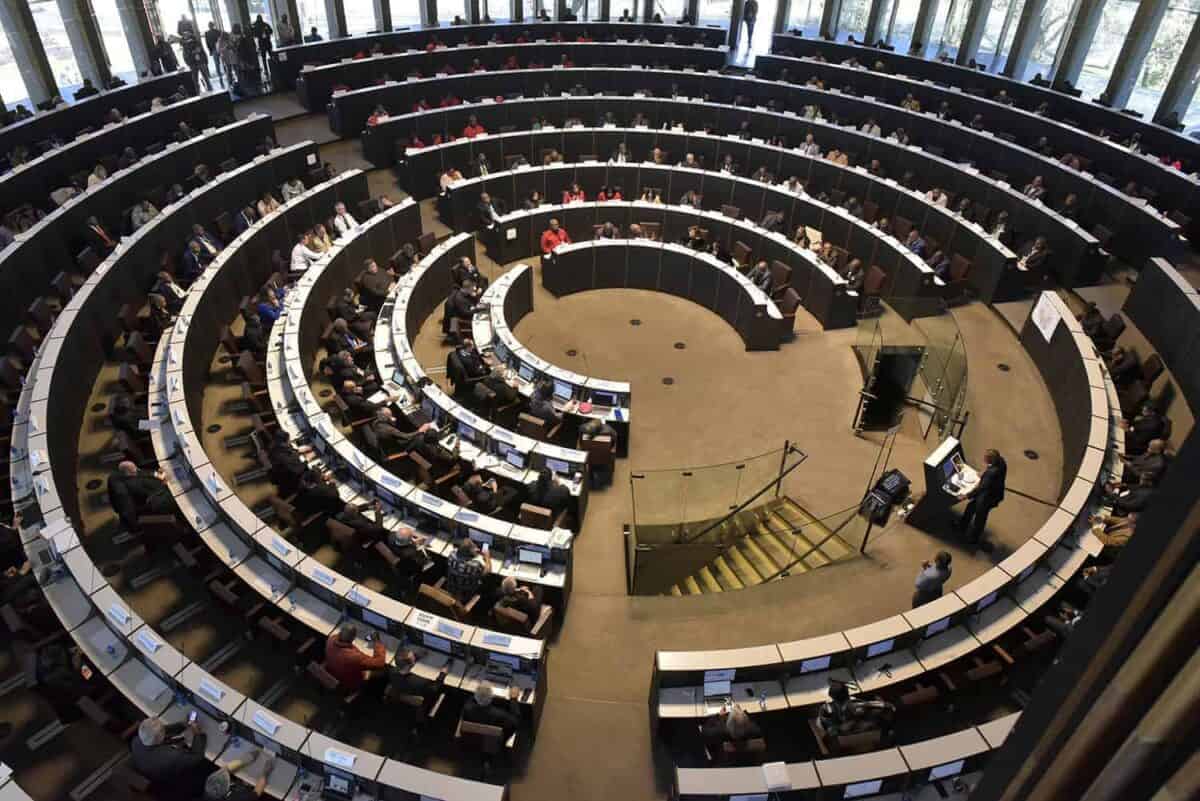With small parties destabilising major metros, the DA’s proposed Coalition Bill could introduce accountability and stability.

The latest reports of a possible collapse of Johannesburg’s coalition government are more than a local political drama – they are a warning about the fragility of South Africa’s democracy.
When a trivial WhatsApp dispute among coalition partners can threaten the governance of Africa’s economic hub, it exposes a deeper structural problem: our political system enables micro-parties with minimal support to hold cities hostage.
Johannesburg’s revolving door of mayors over the past few years illustrates the damage.
Leaders are removed through backroom deals and shifting alliances, rather than performance or mandate.
The result is instability that stalls service delivery, weakens investor confidence and leaves residents without consistent leadership to tackle crime, water outages and infrastructure decay.
South Africa’s proportional representation system was designed to ensure inclusivity, giving even the smallest parties a voice.
But in practice, it has produced fragmented councils where governance depends on the whims of parties that secured less than one percent of the vote.
In Johannesburg, these micro-parties often act as kingmakers, trading their influence for positions rather than advancing coherent policy agendas.
ALSO READ: WhatsApp with Joburg politics?
The DA’s proposed Coalition Bill offers a necessary corrective.
One of its key provisions is a modest electoral threshold – likely around one percent – for parties to gain representation.
This would not silence minority voices, but it would ensure that only parties with a meaningful mandate participate in government.
It would bring South Africa in line with global best practice.
Germany, for instance, has a 5% threshold that has fostered stable, functional coalitions. Critics argue that thresholds may disadvantage emerging movements.
Yet the current system already disadvantages voters by rewarding fragmentation and opportunism.
Many of these micro-parties exist primarily to leverage positions and perks, not to deliver governance.
The DA’s Bill also seeks to formalise coalition agreements, improve transparency and end the era of secret deals that so often destabilise local governments.
ALSO READ: ANC says City of Joburg coalition ‘intact’… but for how long?
Without reform, South Africa risks sliding into ungovernability at local level, with devastating consequences for service delivery, economic development and public trust.
Johannesburg’s ongoing turmoil is not merely a political embarrassment; it is a governance failure that directly affects millions of residents.
Every day of instability means potholes go unfixed, crime worsens and infrastructure collapses while politicians quarrel over trivialities.
An electoral threshold will not solve every problem, but it is a vital first step toward stability.
It will encourage political maturity, rewarding parties that build broad, credible coalitions before elections instead of patchwork alliances afterwards.
It will replace brinkmanship with accountability and give voters clearer choices about who governs their cities.
South Africa’s democracy remains vibrant, but it must evolve. The DA’s Bill offers a pragmatic path forward.
Johannesburg’s coalition chaos should be the catalyst for reform, not a recurring headline.
NOW READ: PA-ANC negotiations could result in a major shake-up in Gauteng municipalities
Support Local Journalism
Add The Citizen as a Preferred Source on Google and follow us on Google News to see more of our trusted reporting in Google News and Top Stories.






